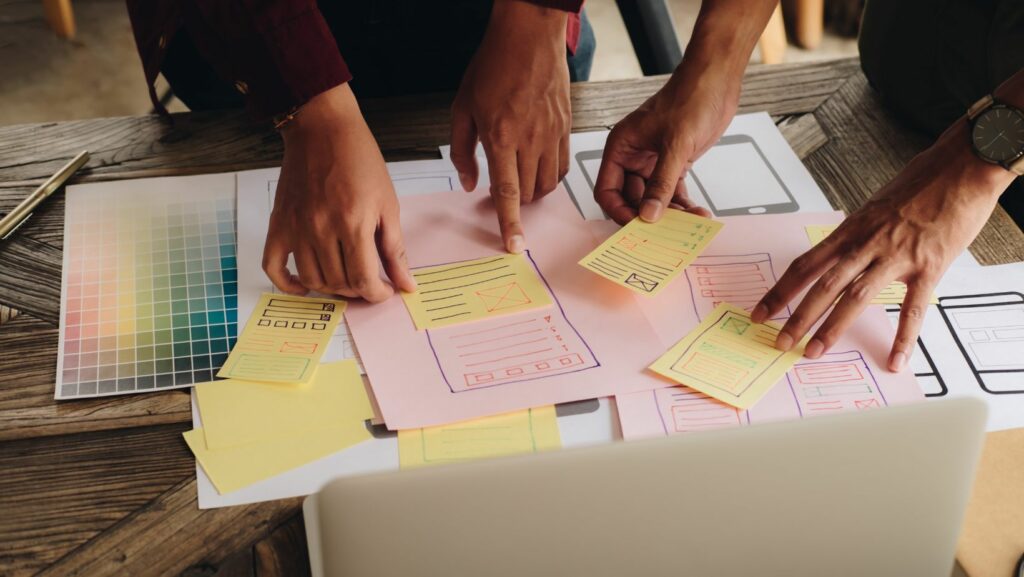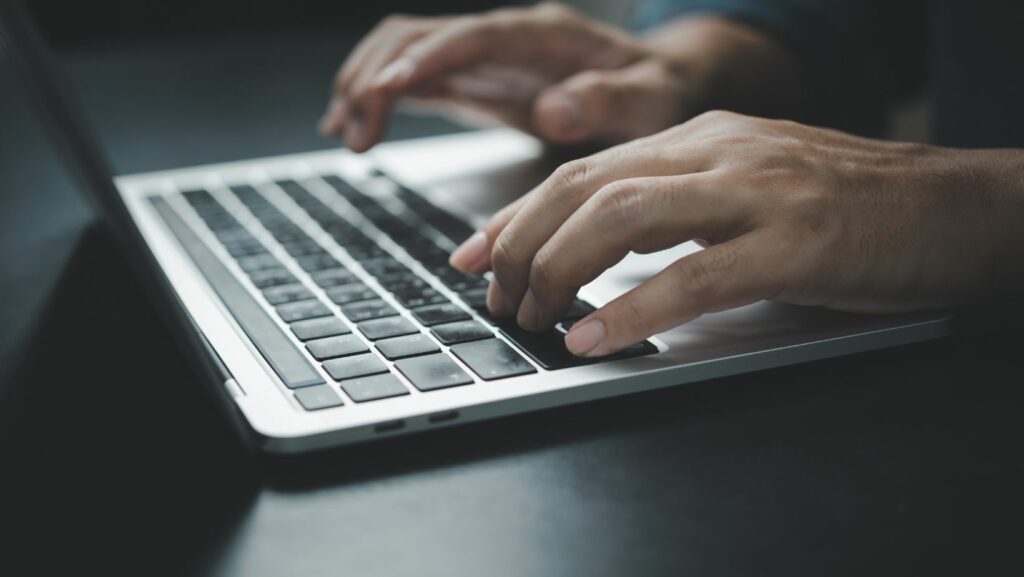Effective communication is a vital skill in today’s fast-paced world. Teaching communication skills is not just about conveying information but also about understanding, listening, and connecting with others. In both personal and professional settings, the ability to communicate clearly and confidently can make a significant difference in one’s success.

Mastering communication skills involves more than just speaking; it encompasses active listening, empathy, and adaptability. By honing these skills, individuals can enhance their relationships, resolve conflicts, and convey their ideas persuasively. Whether it’s in a classroom, workplace, or social environment, the impact of strong communication skills cannot be overstated.
Importance of Communication Skills
Effective communication skills are crucial in various aspects of life. Mastering these skills involves more than just speaking; it encompasses understanding, active listening, empathy, and adaptability. Enhancing one’s communication abilities can lead to improved relationships, conflict resolution, and the ability to convey ideas persuasively across different environments. Teaching communication skills plays a vital role in helping individuals excel in both personal and professional settings.

Communication skills are integral to professional growth and success. Individuals with strong communication abilities excel in leadership positions, project management, customer service, and teamwork. Clear and effective communication fosters a positive work environment, enhances productivity, and enables individuals to articulate their thoughts and ideas clearly. Employers highly value employees who can communicate effectively as it leads to better collaboration, problem-solving, and overall organizational success.
Teaching Communication Skills
Effective communication skills are essential in contemporary society. They encompass more than just speaking; they involve understanding, active listening, and connecting with others. Mastering communication goes beyond words to include empathy, adaptability, and the ability to convey ideas persuasively. Improving these skills can enhance relationships, resolve conflicts, and facilitate effective idea transmission across various contexts.
Utilizing Active Listening Exercises
Active listening exercises are valuable tools to enhance communication skills. They involve fully concentrating, understanding, responding, and remembering what others say. By practicing active listening, individuals can improve their ability to comprehend messages accurately and respond appropriately. This skill is crucial for effective communication as it demonstrates respect, builds trust, and fosters meaningful connections with others.
Evaluating the Effectiveness of Communication Training
Building on the strategies highlighted earlier, assessing the impact of communication training is essential for gauging its efficacy and ensuring tangible improvements. Evaluating the effectiveness of communication training can be achieved through various tools and techniques that provide valuable insights into the progress and proficiency of learners.
Tools and Techniques for Assessment

- Self-Assessment Surveys: These surveys allow individuals to reflect on their communication skills, self-evaluate their strengths and weaknesses, and identify areas for improvement. By involving learners in the assessment process, self-assessment surveys promote self-awareness and accountability in enhancing communication abilities.
- Peer Feedback Sessions: Peer feedback sessions enable individuals to receive constructive criticism and suggestions from their peers. This interactive process fosters collaborative learning, promotes empathy, and offers diverse perspectives on communication styles and approaches. Integrating peer feedback sessions into training programs encourages continuous improvement and mutual support among learners.
- Simulation Exercises: Simulating real-life communication scenarios in training sessions provides a practical platform for learners to apply their skills in a controlled environment. These exercises mimic workplace interactions, negotiations, or conflict resolution situations, allowing participants to practice effective communication techniques and receive immediate feedback on their performance. Simulation exercises enhance experiential learning and reinforce skill development through hands-on experience.
- Behavioral Observation: Observing participants’ communication behaviors in group activities or role-playing exercises offers valuable insights into their verbal and non-verbal communication cues. Trainers can assess factors such as active listening, body language, tone of voice, and clarity of messages during these observations. Behavioral observation helps identify communication strengths and areas needing further development while providing personalized feedback to enhance overall competency.
- One-on-One Feedback Sessions: Conducting individual feedback sessions with trainers allows for personalized evaluation and targeted guidance based on each learner’s progress. These sessions offer a confidential space for learners to discuss their challenges, receive specific feedback on communication performance, and set personalized goals for improvement. Individualized feedback mechanisms enhance the quality of communication training and address individual learning needs effectively.
- 360-Degree Feedback Surveys: Implementing 360-degree feedback surveys involves gathering feedback from multiple sources, including supervisors, peers, subordinates, and self-assessment. This comprehensive feedback mechanism provides a holistic view of an individual’s communication competencies from various perspectives. Incorporating 360-degree feedback surveys in communication training programs promotes a well-rounded evaluation of communication skills, highlighting areas of alignment and opportunities for growth identified by different stakeholders.



